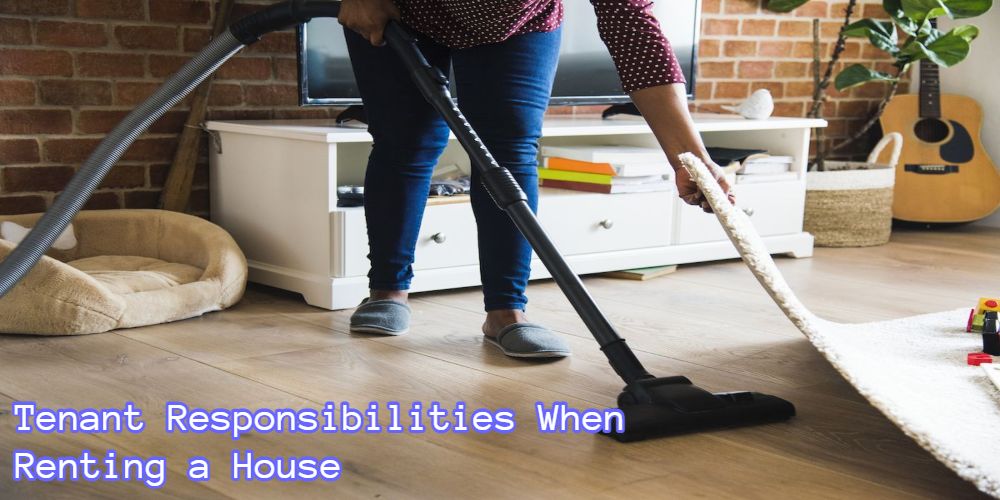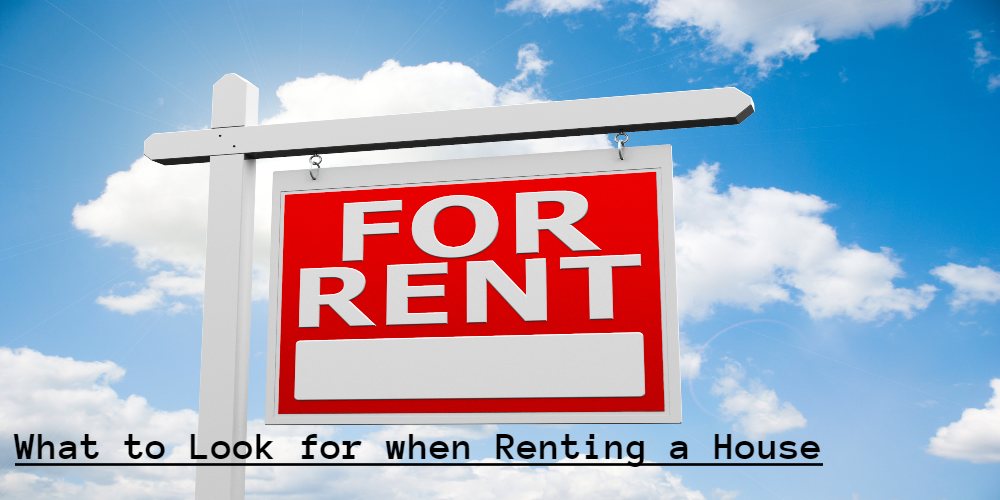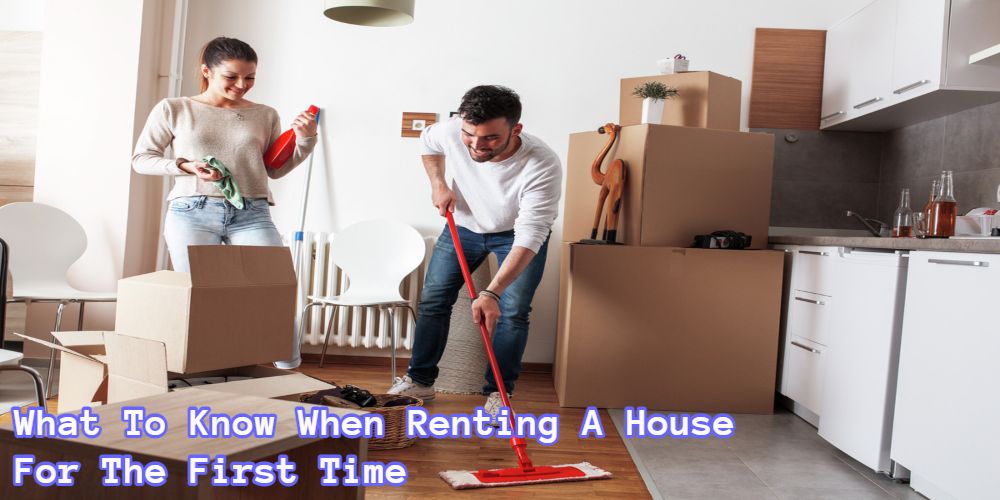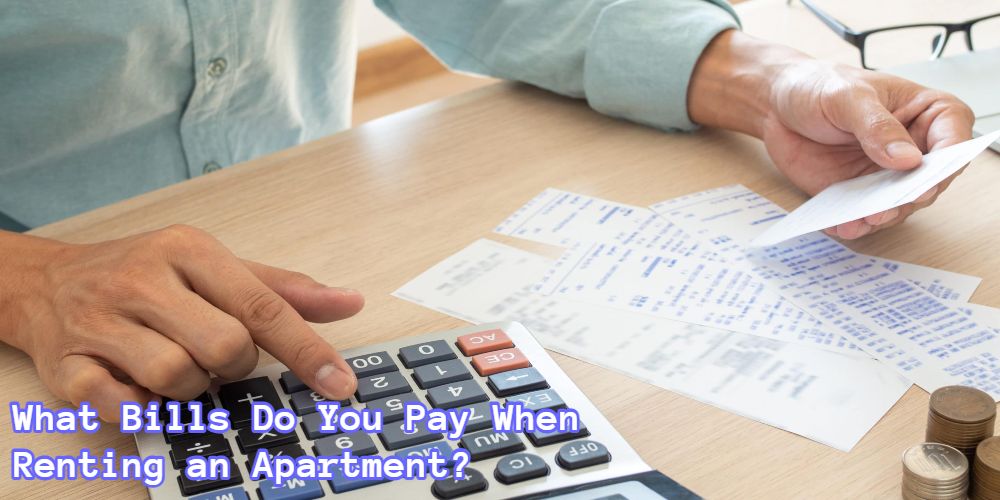Last Updated on January 4, 2022 by Kelvin Nielsen
When it comes to housing laws, tenants are the biggest beneficiaries. Since they are the ‘vulnerables’, the law tends to be inclined towards them. From legally enjoying a habitable apartment to a smorgasbord of other tenant rights, they are usually on the lucky end.
However, just like landlords, tenants also have responsibilities. For instance, as a tenant, you’re responsible for paying rent, failure to which you can pay fines or face eviction. Also, if you cause damages, it’s your obligation to foot the repair costs.
These responsibilities, among others, make work easier for the landlord and ensure their property remains in good condition. This article explores tenant responsibilities when renting a house. Let’s get down to it.
1. Paying rent.
This crops up at the top of the list because it’s probably your biggest responsibility as a tenant. The landlord’s rental property is a business and they’ll continue renting to you as long as you’ll pay rent.
In addition, you should make rental payments on time. As you probably know, most landlords will charge you a late fee if you delay rent. This is the last thing you want because, aside from weighing you down financially, it will hurt your credit. When you pay rent on time, you’ll be on good terms with the landlord. This can make your renting life smooth.
2. Taking good care of the property.
Even though maintenance is the landlord’s responsibility, you shouldn’t complicate it for them. As a good tenant, you should handle everything in the unit carefully to ensure it remains intact. This way, the landlord won’t have to spend a lot on maintenance and you’ll stay on good terms with them.
Some of the things to take care of include:
- Appliances. Handle refrigerators, stoves, dishwashers, laundry machines, driers, and other appliances with care.
- Plumbing fixtures. Take proper care of plumbing fixtures such as faucets, toilets, and showerheads.
- Electric outlets, light switches, and light fixtures.
- Locks. Make sure that the locks remain in good condition.
- Doors. Avoid slamming doors as this might make them wobbly.
- Reporting repairs.
Whether you’re at fault or not, you should notify the landlord about repairs as soon as possible. And just like you have notified them promptly, they should act in the same vein. Broadly speaking, if the damage poses a security hazard or causes inhabitability, the landlord should fix it ASAP. Otherwise, depending on the state you’re staying in, they can take up to 30 days to do so.
Now, if a landlord refuses to repair, you can pursue them legally or withhold rent. Also, in some states, you can contract a handyman to handle the repairs then deduct the damage from the rent. This is referred to as ‘repair and deduct’.
3. Repairing or paying for damages you have caused.
No matter how meticulously you handle everything, something will eventually break. Save for damages that result from age or normal wear and tear, the repair bill will be on you.
Typically, landlords will deduct the repair cost from your security deposit. However, if the cost exceeds the deposit, you’ll have to pay the difference. If you don’t, the landlord can legally evict you besides taking other options.
4. Keeping the landlord in the loop.
Although you aren’t obligated to, it’s prudent to let the landlord know if you’re going to be away. This is because, for instance, during cold spells, they might need to turn on the heat to prevent pipes from freezing. Also, when you’re away, you can be late on rent. If they know you aren’t around, they can go easier on you.
5. Getting insured.
This isn’t mandatory in all apartments but it’s a good idea to insure your belongings. Apartments get vandalized, fires and floods happen and if you aren’t insured, you’ll be back to square one. Renter’s Insurance is typically inexpensive. Get insured and be on the safe side.
6. Living peacefully with neighbors.
Another obligation you have as a tenant is to respect the peace and quiet of neighbors. People want to live in a peaceful environment and if you’re continuously disruptive, the landlord can legally evict you. Some of the things you need to refrain from include:
- Playing loud music.
- Partying rowdily.
- Allowing children to scream and run around the property.
- Letting your pets make noise.
- Heavy walking, especially at night, and more.
Still, regarding quietness, most apartments have in place a ‘quiet hours’ policy. Typically, this begins at 10 pm and lapses at 6 or 7 am. During this period, you shouldn’t play loud music or make any kind of noise. Violating this policy can lead to fines or, after continuous warnings, an eviction.
7. Disposing of garbage.
This is a no-brainer. You shouldn’t allow garbage, waste, and other debris to pile up. Since you have paid for trash pickup under utilities, always set your garbage outside for collection. A garbage-free house feels fresh and conducive and is healthy to live in.
While many tenants think that their responsibility is only to pay rent, there’s a myriad of other obligations, as well. From maintaining the property, reporting repairs to keeping the landlord in the know, there’s a lot to renting. As a tenant, you should fulfill all your obligations to make your renting life devoid of issues.

Hi, I’m Kelvin Nielsen, an experienced landlord and accomplished real estate lawyer. My focus is on answering your questions about renting in the hopes of making your life as a renter or a landlord a bit easier.







